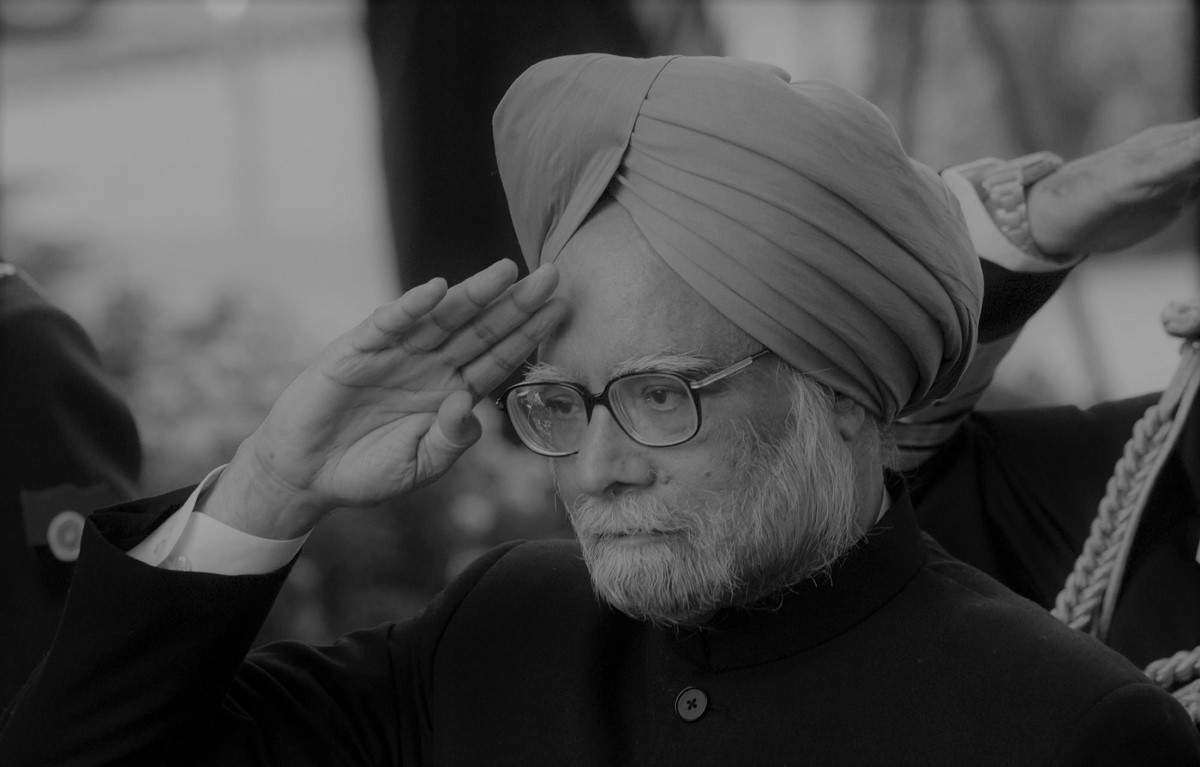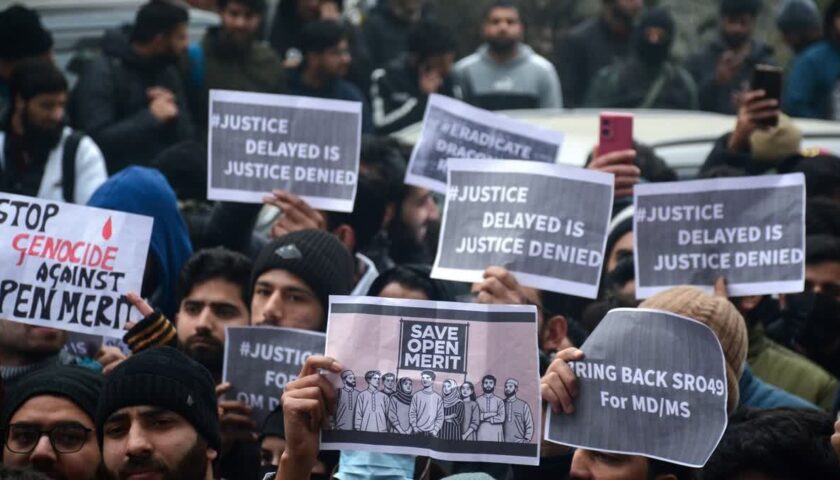Manmohan Singh, who liberalised India’s economy and served two terms as PM, dies
Former Prime Minister and veteran Congress leader Manmohan Singh died in Delhi on Thursday after a prolonged illness. He was 93. Singh, a renowned economist and statesman, was admitted to AIIMS Delhi on Thursday evening after his health deteriorated.
Singh had been staying away from politics in recent years due to health reasons and had not been keeping well since the beginning of 2024. His last public appearance was in January 2024 at the book launch of his daughter.
He retired from the Rajya Sabha in April 2024
Manmohan Singh served two consecutive terms as Prime Minister, leading a coalition government under the Congress-led United Progressive Alliance (UPA) from 2004 to 2014. He was the architect of India’s economic liberalisation in 1991 as Finance Minister in the PV Narasimha Rao government.
Sing’s tenure as Prime Minister was marked by unprecedented economic growth that positioned India as the world’s fastest-growing major economy and the launch of landmark social reforms like MGNREGA and the Right to Information Act. He also negotiated the historic Indo-US Civil Nuclear Agreement, ending decades of nuclear isolation for India.
However, his tenure was marred by corruption scandals, such as the 2G spectrum case and the coal block allocation controversy.
Singh’s role as Finance Minister is regarded as a turning point in the nation’s economic history. Facing a severe economic crisis with a balance of payments issue and dwindling foreign reserves, he introduced transformative reforms that liberalised the economy, encouraged privatisation, and integrated India into global markets. These measures not only averted the crisis but also set India on a path to becoming one of the world’s fastest-growing economies.
His career as an economist was marked by his academic excellence and impactful contributions to India’s economic policymaking. He served as a professor at Panjab University and the Delhi School of Economics before transitioning to public service.
Singh held key positions, including Chief Economic Advisor (1972-1976), where he guided policies during a period of inflation and global oil shocks. He was Governor of the Reserve Bank of India from 1982 to 1985, where he focused on economic stabilisation and financial regulation. He had also served as Deputy Chairman of the Planning Commission (1985-1987), where he played a vital role in shaping India’s long-term economic strategies.
Singh was born on September 26, 1932, in Gah, a village in the Punjab province of British India, which is now in Pakistan. After the partition of India in 1947, his family migrated to India. Despite the turmoil, Singh excelled academically, earning a first-class degree in Economics from Panjab University, Chandigarh.
He later pursued postgraduate studies at the University of Cambridge, obtaining a degree in Economics in 1957, and went on to earn a DPhil from the University of Oxford in 1962.
A Legacy of Economic Reforms
Manmohan Singh is best remembered for his pivotal role in transforming India’s economy. As the Finance Minister from 1991 to 1996 under Prime Minister P.V. Narasimha Rao, Singh spearheaded landmark economic reforms that shifted India from a socialist economy to a more liberalized and market-oriented one. These reforms included deregulation, privatization, and opening up the economy to foreign investments, which laid the foundation for India’s rapid economic growth in the subsequent decades.
Tenure as Prime Minister
Singh served as the 14th Prime Minister of India from 2004 to 2014, leading the country through significant economic and social changes. His tenure was marked by efforts to improve India’s infrastructure, education, and healthcare systems. Despite facing numerous challenges, including the global financial crisis of 2008, Singh’s leadership was instrumental in maintaining economic stability and growth.
Academic and Professional Achievements
Born on September 26, 1932, in Punjab, Manmohan Singh’s academic journey was illustrious. He earned his Bachelor’s and Master’s degrees in Economics from Panjab University, followed by an Economic Tripos from Cambridge University and a D.Phil in Economics from Oxford University. Singh’s professional career included roles as Chief Economic Advisor, Governor of the Reserve Bank of India, and Deputy Chairman of the Planning Commission.
Tributes and Condolences
Leaders from across the political spectrum have expressed their condolences and paid tribute to Singh’s contributions to the nation. Congress leader Priyanka Gandhi and Civil Aviation Minister Hardeep Singh Puri were among the first to acknowledge his passing and highlight his legacy.
A Nation in Mourning
As India reflects on the life and achievements of Manmohan Singh, his legacy as a reformer and statesman will continue to inspire future generations. His contributions to India’s economic transformation and his dedication to public service have left an indelible mark on the nation’s history.




